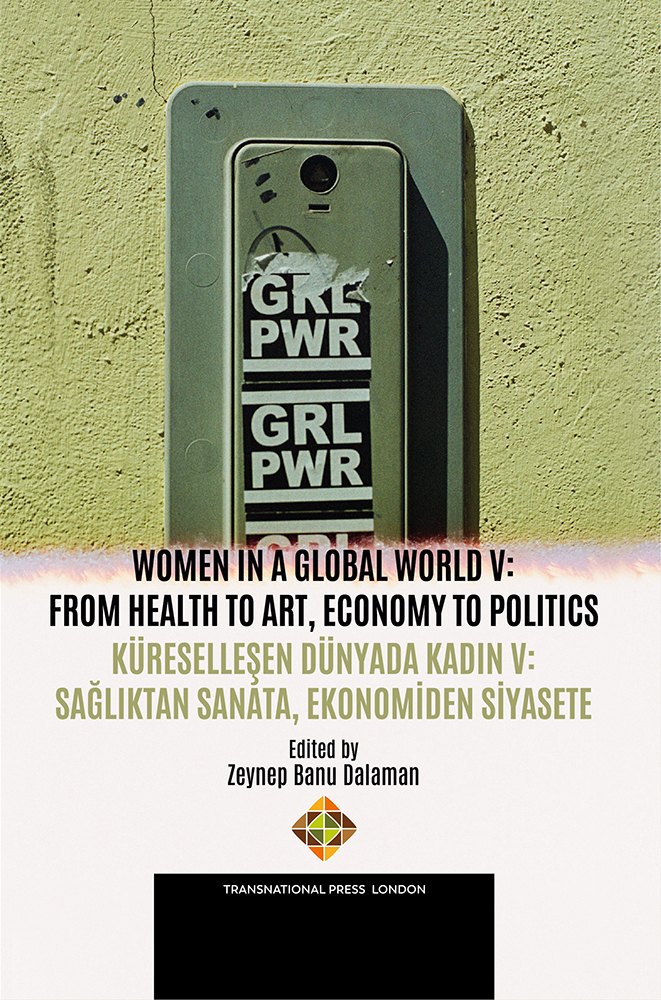Çatişma ve Afetlerden Bariş İnşasina Giden Yolda Toplumsal Cinsiyetin Zümrüdüanka Kuşlari
The Phoenix of Gender on the Road From Conflict and Disaster to Peacebuilding
Author(s): Füsun Özerdem
Subject(s): Gender Studies, Sociology, Peace and Conflict Studies
Published by: Transnational Press London
Keywords: Women in conflicts; women’s role in peacebuilding; international humanitarian law;
Summary/Abstract: Discriminatory gender norms and social structures are the basis of gender inequality and explain why women are made more vulnerable than men in many areas of life. In times of crisis, when family and social structures and institutions are disrupted or destroyed, gender norms may be affected and gender inequality increases. The struggle for gender equality is more prevalent in both developed and developing countries, but reports published by various institutions indicate that women and girls are affected worse than men when countries struggle with crises. Climate change and the socioeconomic effects of the Covid-19 pandemic, added to the effects of conflicts and natural disasters, further deepen gender inequalities, especially against women and girls. Sexual violence is another disturbing trend noted in United Nations (UN) reports. The UN Conflict-Related Sexual Violence 2023 Report notes that sexual violence continues to lead to both internal and cross-border displacement, with displaced and refugee women and girls facing higher risks. At least one in five female refugees has experienced sexual violence and its effects, including trauma, stigma, poverty, poor health and unwanted pregnancy. Although it is stated that the actual figures are “probably much higher” due to the difficulty of monitoring data and under-reporting of incidents, the report also highlights that “sexual violence is used as a war tactic.”There are many predictions that ensuring greater gender equality and including more women in leadership positions will reduce the likelihood of violent conflicts and will also greatly increase the possibility of peaceful resolution of existing conflicts. Research shows that countries with greater gender equality are more likely to resolve conflicts without violence and less likely to use military force to resolve international disputes. Concerted efforts to increase the number of women in conflict prevention, mediation and resolution efforts include UN Security Council Resolution 1325, adopted in October 2000, ensuring that women can improve outcomes in conflict prevention and peacebuilding.While this study reveals the situation of women affected by conflicts and disasters based on internationally accepted reports despite data limitations, it will also try to explain the effectiveness of women and girls rising from the ashes to prevent or stop conflict and subsequently build long-lasting peace, despite all difficulties.
Book: Küreselleşen Dünyada Kadın V: Sağlıktan Sanata, Ekonomiden Siyasete
- Page Range: 267-289
- Page Count: 23
- Publication Year: 2024
- Language: Turkish
- Content File-PDF

